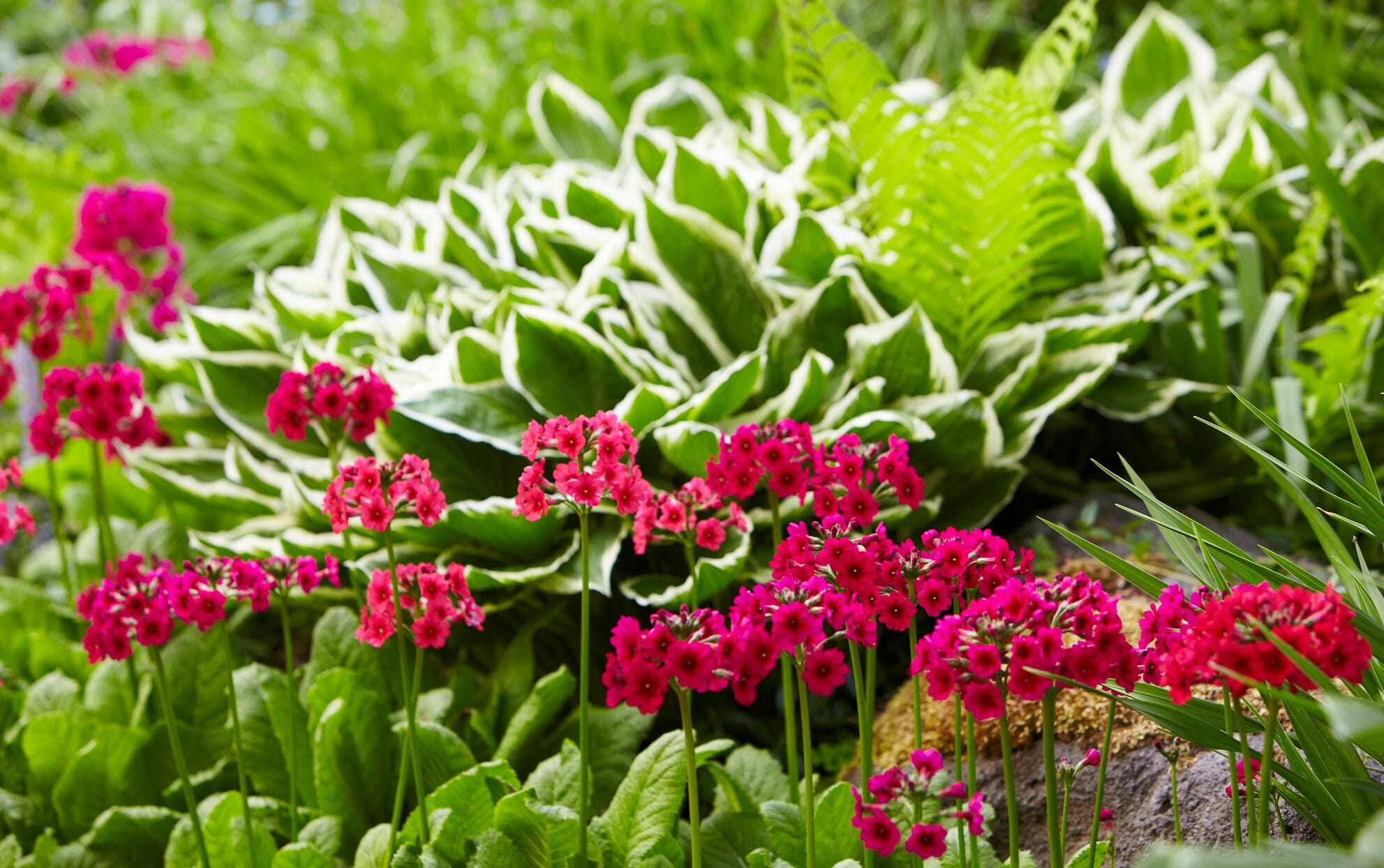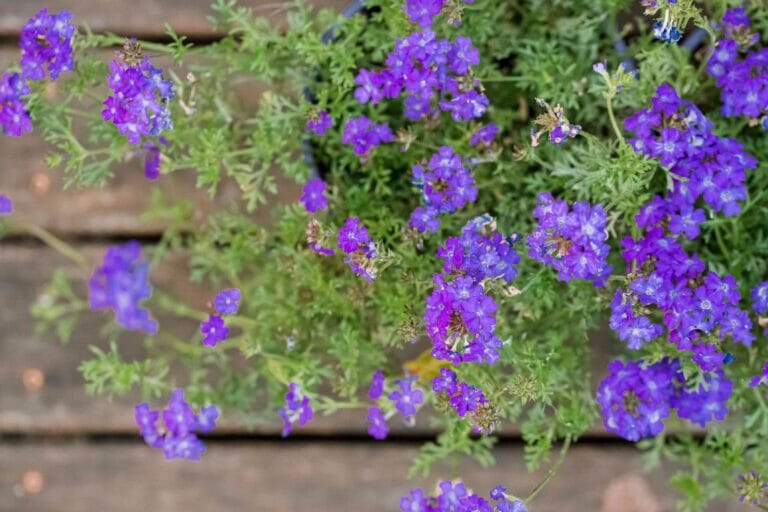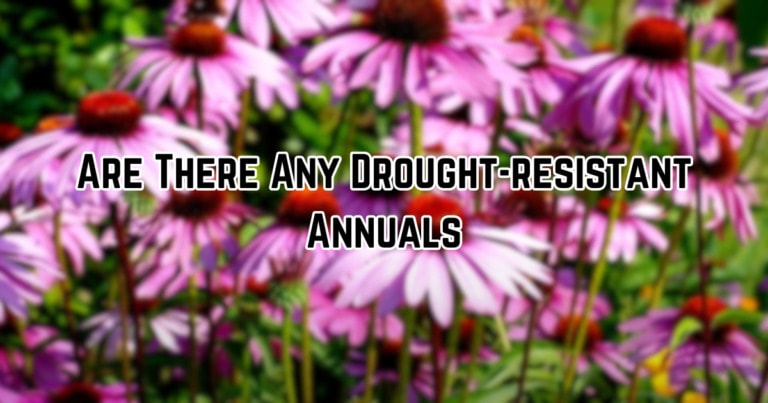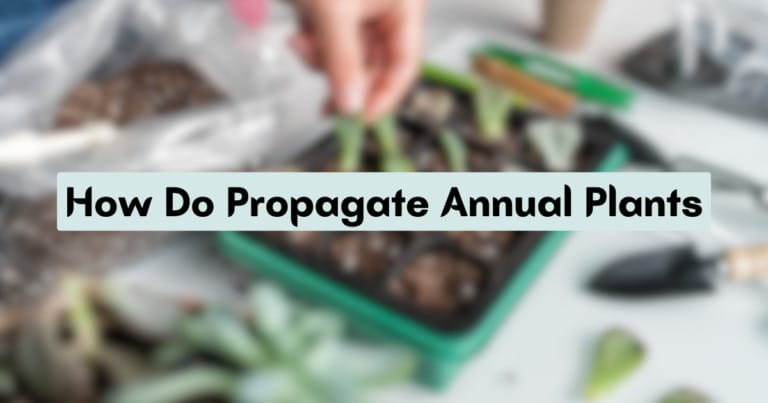
Welcome to the world of sustainable gardening and eco-friendly plant care practices! Are you ready to learn how to cultivate a garden that not only beautifies your space but also nurtures our planet? In this article, we will explore the wonderful world of sustainable gardening and discover the steps you can take to minimize your environmental impact while enjoying the joys of gardening.
Imagine strolling through a thriving garden, the air filled with fragrant blooms, and the vibrant colors of nature surrounding you. Now, picture knowing that every plant you nurture contributes to a healthier planet. Sustainable gardening is all about cultivating our green spaces in harmony with nature, using practices that conserve resources, minimize waste, and protect the environment. It’s a way to garden responsibly, ensuring a legacy of sustainability for future generations.
In this guide, we will delve into the secrets of eco-friendly plant care practices, uncovering tips, and techniques to help you create a garden that’s not only visually stunning but also beneficial to the environment. Get ready to explore the world of composting, rainwater harvesting, native plants, and so much more. So, grab your gardening gloves, roll up your sleeves, and let’s embark on this green gardening adventure together!
Sustainable Gardening: Eco-Friendly Plant Care Practices
Sustainable gardening is all about eco-friendly plant care practices that benefit both your plants and the environment. By implementing methods like composting, water conservation, and organic pest control, you can create a thriving garden with minimal impact on the planet.
Additionally, choosing native plants, using organic fertilizers, and practicing proper plant spacing can promote biodiversity and reduce the need for excessive maintenance. Embrace sustainable gardening to nurture a green sanctuary that’s both beautiful and environmentally responsible.
The Importance of Sustainable Gardening
Sustainable gardening plays a crucial role in preserving the health of our planet. By embracing eco-friendly plant care practices, you contribute to the preservation of biodiversity, conserve natural resources, and reduce pollution. Traditional gardening methods often rely on synthetic fertilizers and harmful pesticides that can harm beneficial insects, contaminate the soil, and affect water systems. However, sustainable gardening emphasizes the use of organic materials, natural pest control methods, and water-wise techniques to create a harmonious and thriving garden ecosystem.
1. Composting: Cultivating Nutrient-Rich Soil
Composting is a fundamental practice in sustainable gardening. By recycling organic waste, such as fruit and vegetable scraps, yard trimmings, and coffee grounds, you can create nutrient-rich compost to enrich your soil. Compost improves soil structure, retains moisture, and provides essential nutrients for plant growth. Simply create a compost pile or invest in a compost bin, and regularly turn the mixture to ensure proper decomposition. Within a few months, you’ll have a dark, crumbly compost ready to feed your plants and reduce waste heading to landfills.
When adding kitchen scraps to your compost, avoid using meat, dairy products, or oily foods, as they can attract pests and slow down the composting process. Instead, focus on vegetable peels, eggshells, and coffee grounds, as these provide invaluable nutrients for your plants. Additionally, including yard waste, like grass clippings, leaves, and small branches, helps balance the carbon-to-nitrogen ratio in your compost pile, resulting in a healthy and well-rounded compost mixture.
Besides traditional composting, vermicomposting is another sustainable gardening technique worth exploring. Vermicomposting involves using special composting worms to break down organic matter, resulting in nutrient-rich worm castings, or vermicast. This natural fertilizer is highly beneficial for plants and can be mixed with potting soil or applied as a top dressing around established plants.
2. Water-wise Techniques: Conserving a Precious Resource
Water is a precious resource, and sustainable gardening aims to minimize its usage while still maintaining healthy plant growth. By implementing water-wise techniques, you can make a significant impact on water conservation. Start by selecting plants that are native to your region or drought-tolerant species that require less supplemental watering. These plants are well-adapted to the local climate and often have built-in mechanisms to withstand dry conditions.
Proper irrigation practices are also essential in sustainable gardening. Drip irrigation systems, for example, deliver water directly to the plant’s root zone, minimizing water loss due to evaporation or runoff. Mulching is another effective technique that helps conserve moisture by reducing evaporation and suppressing weed growth. A layer of organic mulch, such as wood chips or straw, applied around plants also adds organic matter to the soil as it breaks down over time.
Lastly, consider collecting and utilizing rainwater in your garden. Installing rain barrels or a rainwater harvesting system allows you to capture and store rainwater for later use. This sustainable practice not only reduces the strain on municipal water supplies but also ensures a more sustainable and self-sufficient garden.
3. Organic Pest Control: Nurturing a Balanced Ecosystem
Pest control is a common concern for gardeners, but it’s essential to approach it in a sustainable and eco-friendly manner. Instead of relying on synthetic pesticides, which can harm beneficial insects and pollinators, embrace organic pest control methods. Integrated Pest Management (IPM) is a holistic approach that focuses on prevention, monitoring, and natural controls to manage pests effectively.
Avoiding monoculture, or growing a single crop, helps prevent pest infestations by promoting biodiversity in your garden. Planting a diverse range of flowers, herbs, and vegetables creates a natural balance, attracting beneficial insects like ladybugs, lacewings, and bees, which feed on pests and help control their populations. Additionally, companion planting involves strategically placing plants together to enhance their growth or repel pests. For example, marigolds planted alongside tomatoes can deter nematodes, a pest that attacks the roots of tomato plants.
If pest problems persist, consider using organic and plant-based pest control products, such as neem oil or insecticidal soap, which target specific pests while minimizing harm to beneficial insects and the environment. Regularly inspecting your plants for signs of pests and early intervention can prevent minor infestations from becoming overwhelming and ensure a healthy garden ecosystem.
The Benefits of Sustainable Gardening
Sustainable gardening offers numerous benefits, both for your garden and the environment. By adopting eco-friendly plant care practices, you can create a vibrant and thriving garden while taking care of the planet. Here are some key benefits of sustainable gardening:
1. Reduced Environmental Impact:
Sustainable gardening minimizes the use of synthetic fertilizers and pesticides, reducing water pollution, soil degradation, and harm to beneficial insects and wildlife.
2. Improved Soil Quality:
By using organic materials like compost, sustainable gardening enhances soil structure, fertility, and nutrient availability, resulting in healthier plants and better yields.
3. Water Conservation:
Implementing water-wise techniques, such as drip irrigation and mulching, helps conserve water and reduce reliance on municipal water supplies.
4. Enhanced Biodiversity:
Sustainable gardening promotes biodiversity by creating habitats and providing food sources for beneficial insects, pollinators, and birds.
5. Cost Savings:
By recycling organic waste into compost and minimizing water usage, sustainable gardening can help reduce gardening expenses in the long run.
Tips for Successful Sustainable Gardening
Ready to embark on your sustainable gardening journey? Consider these tips for a successful and eco-friendly garden:
1. Plan your garden:
Determine the layout and choose plants that are well-suited to your local climate and soil conditions. This ensures optimal growth and minimizes plant stress.
2. Educate yourself:
Continue learning about sustainable gardening practices, new techniques, and natural pest control methods. Stay informed and adapt your approach accordingly.
3. Embrace diversity:
A diverse garden promotes a healthy ecosystem. Mix different plant varieties, flowers, and vegetables to attract beneficial insects and maintain biological balance.
4. Collect rainwater:
Invest in rain barrels or a rainwater harvesting system to collect and store rainwater for your garden. This reduces reliance on municipal water and conserves a precious resource.
5. Emphasize soil health:
Prioritize soil health by regularly adding compost and organic matter. Healthy soil promotes strong root growth, nutrient availability, and improves overall plant health.
6. Practice proper watering:
Water deeply and less frequently to encourage deep root growth and drought tolerance. Avoid over-watering, as this can lead to water runoff and wasted resources.
7. Encourage beneficial insects:
Plant flowers such as marigolds, lavender, and sunflowers to attract beneficial insects like bees and butterflies. They aid in pollination and pest control.
8. Recycle and reduce waste:
Reduce waste by composting kitchen scraps and yard trimmings. Use the compost generated to nourish your plants and close the organic waste loop.
Sustainable gardening offers a refreshing approach to plant care, focusing on eco-friendly practices that nurture the environment. By composting, conserving water, and practicing organic pest control, you can create a thriving garden while minimizing your ecological impact.
The benefits of sustainable gardening are far-reaching, from reduced environmental impact and improved soil quality to enhanced biodiversity and cost savings. So, let’s embrace sustainable gardening and cultivate a greener future for ourselves and the planet.
Frequently Asked Questions
Welcome to our Frequently Asked Questions about sustainable gardening and eco-friendly plant care practices. In this section, we address some common inquiries related to environmentally conscious gardening techniques. Read on to learn more!
1. How can I make my garden more eco-friendly?
One way to make your garden more eco-friendly is by practicing composting. By composting kitchen scraps and yard waste, you can create nutrient-rich soil amendments instead of relying on chemical fertilizers. Additionally, consider planting native species that are adapted to your climate and require less water and maintenance. Creating a rainwater collection system is another great way to conserve resources and reduce water usage in your garden.
Another eco-friendly practice is to avoid using synthetic pesticides and opt for natural pest control methods such as companion planting, where certain plants repel pests. Introducing beneficial insects like ladybugs or using organic pest control products can also help maintain a healthy balance in your garden ecosystem.
2. How can I conserve water while gardening?
There are several ways to conserve water while gardening. One effective method is to use mulch, such as bark chips or straw, around your plants. This helps retain soil moisture, reducing the need for frequent watering. Another way to conserve water is through drip irrigation systems, which deliver water directly to the plant roots with minimal evaporation.
Consider grouping plants with similar water needs together in your garden and adjust watering schedules according to weather conditions. Collecting and reusing rainwater is also a great way to reduce water usage. Finally, be mindful of watering in the early morning or late evening when evaporation is lowest, ensuring that your plants receive the maximum benefit from each watering session.
3. What are the benefits of using organic fertilizers?
Organic fertilizers offer several benefits for both your plants and the environment. Unlike synthetic fertilizers, organic options are derived from natural sources and release nutrients slowly, providing a steady supply over time. This prevents overfertilization and minimizes the risk of nutrient runoff, which can harm nearby water sources.
Furthermore, organic fertilizers improve soil health by promoting beneficial microbial activity and enhancing the soil’s ability to retain moisture and nutrients. This, in turn, fosters robust plant growth, disease resistance, and overall garden vitality. By using organic fertilizers, you not only support a healthier garden ecosystem but also contribute to the long-term sustainability of our planet.
4. How can I attract beneficial insects to my garden?
Attracting beneficial insects to your garden is beneficial for pest control and pollination. To invite these helpful allies, create a diverse and insect-friendly environment by incorporating a variety of flowering plants that provide nectar, pollen, and shelter. Choose plants with different bloom times to ensure a continuous food source for beneficial insects throughout the seasons.
Additionally, avoid using broad-spectrum insecticides, as these can harm beneficial insects along with pests. Instead, encourage biodiversity by including plants that provide food and habitat for natural predators like ladybugs, lacewings, and predatory wasps. By nurturing a balanced ecosystem, you can reduce the need for chemical pest control methods while promoting a healthier, more sustainable garden.
5. How can I deal with weeds without using harmful chemicals?
To manage weeds without resorting to harmful chemicals, there are several strategies you can employ. One effective method is hand-pulling weeds, making sure to remove them along with their roots. This is particularly efficient after rain or watering when the soil is damp, making it easier to extract weeds from the ground.
Another approach is the use of mulch to suppress weed growth. Applying a layer of mulch around your plants helps prevent sunlight from reaching weed seeds, inhibiting their germination. Additionally, regular maintenance practices such as mowing, hoeing, or using a weed trimmer can help keep weeds under control. By following these eco-friendly weed management techniques, you can maintain a weed-free garden without compromising the health of your plants or the environment.
So there you have it! Sustainable gardening is all about being good to the environment and taking care of our planet. By using natural methods, like composting and conserving water, we can have a beautiful garden without harming the Earth.
It’s important to choose native plants, reduce chemical use, and attract beneficial insects to keep our garden eco-friendly. With a little effort, we can make a big difference in preserving our environment for future generations. Happy gardening!
Remember, sustainability is about using resources wisely and protecting the Earth. By practicing eco-friendly gardening, we can help conserve water, reduce pollution, and support biodiversity. So let’s go green, get our hands dirty, and create a sustainable garden that not only looks beautiful but also helps make our planet healthier.
Together, we can make a positive impact and be good stewards of the Earth. Good luck with your sustainable gardening journey!



